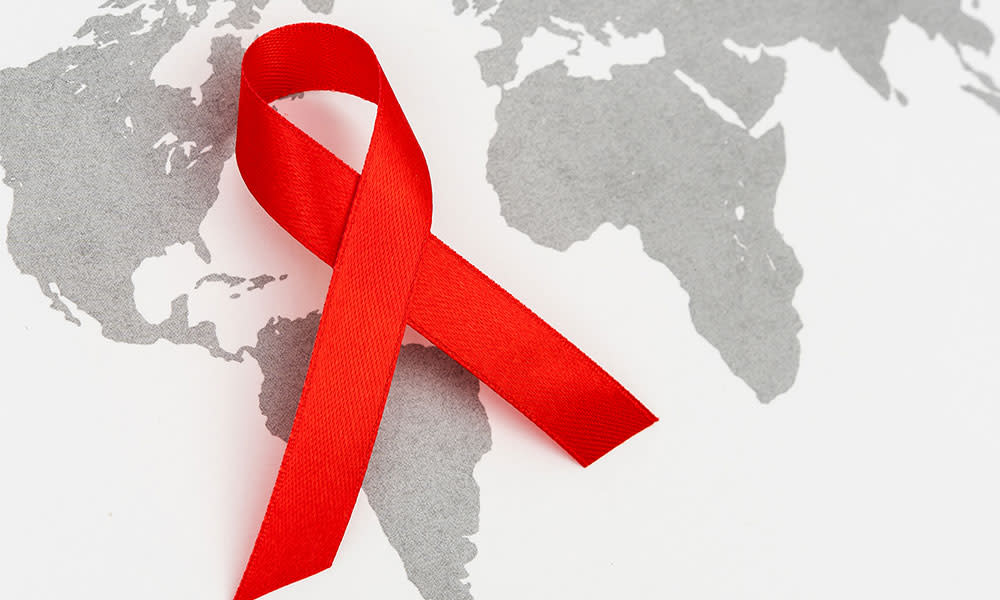M’sia gains cheaper access to HIV drug DTG on World Aids Day

Malaysia has signed an agreement that will give it access to affordable dolutegravir-based treatments for HIV positive patients.
The World Health Organization (WHO) recommends using dolutegravir (DTG) to treat all HIV patients, including pregnant mothers, as it is easier to administer and has been proven to be more effective.
The drug has also been found to cause fewer side effects compared to other HIV treatments.
According to the Malaysian Aids Council, there were 93,089 people living with Aids in Malaysia as of 2016. Of the reported cases, 12,578 were women and girls.
Today marks World Aids day.
In a series of tweets this morning, Health director-general Dr Noor Hisham Abdullah announced that Malaysia has inked a voluntary licensing agreement with UK-based HIV drug maker ViiV Healthcare and UN-backed public health organisation Medicines Patent Pool (MPP).
Such licensing allows drug manufacturers other than ViiV to produce generic and cheaper versions of dolutegravir-based treatments.
Malaysia will be able to provide WHO prequalified, more affordable versions of these essential medicines to people living with HIV, in need of treatment. We hope the competition bt generic manufacturers enabled by this licence, will bring us quality medicines at lower price. 2/3
— Noor Hisham Abdullah (@DGHisham) November 30, 2020
“It is not very often that we are listed under MPP, and this decision marks a crucial milestone.
“We hope that it will open up more doors to gain rapid access to life-saving medicine. The ministry wishes to thank MPP and all parties involved who have made this incredible decision a reality,” he added.
According to health publication STAT, Viiv's dolutegravir treatment Tivicay typically costs between US$1,800 and US$2,160 (between RM7,345 and RM8,814) per patient per year. The latest agreement will supposedly slash prices by 50 to 70 percent.
Neither Noor Hisham nor MPP mentioned any prices in their statements.
Malaysia, along with Azerbaijan, Belarus and Kazakhstan are the four latest countries to be approved for the dolutegravir voluntary licensing programme.
Malaysia is classified as an upper-middle-income country by the World Bank and does not qualify for voluntary licensing programmes for antiviral drug Remdesivir.


